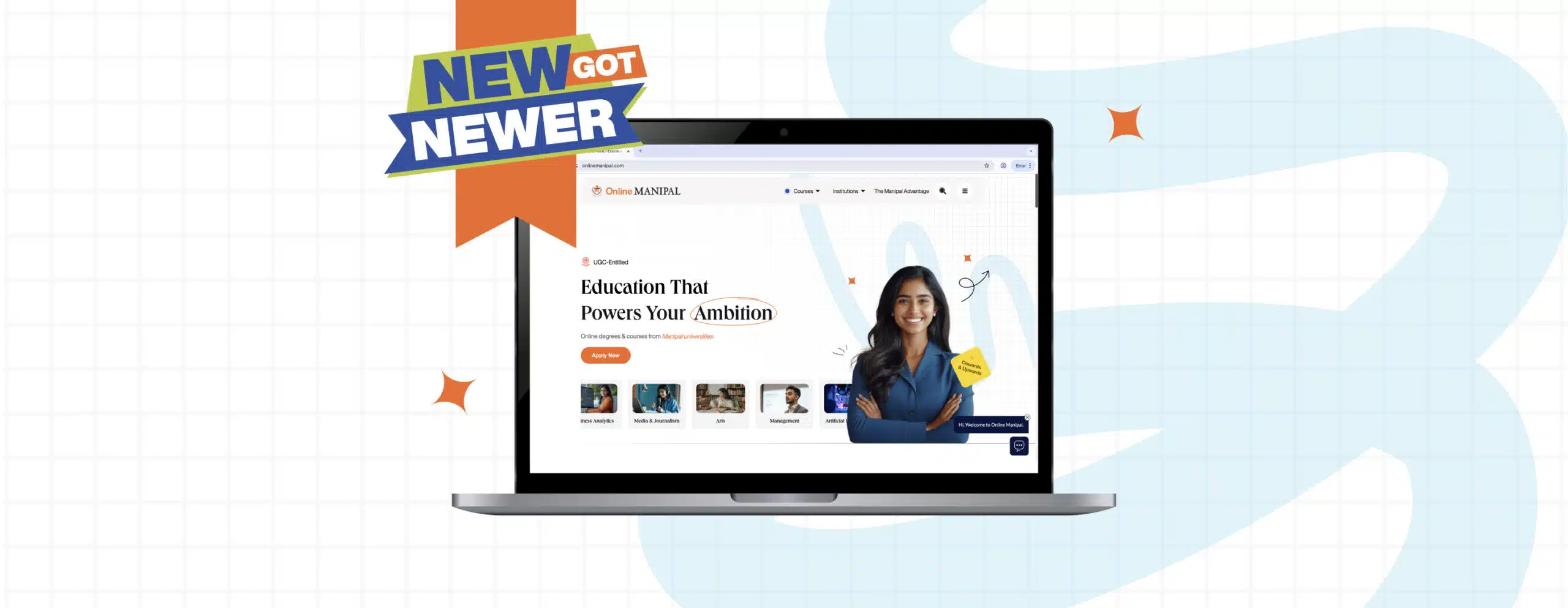Listen to this blog
For three decades now, I have worked in many different industries. My focus has been working on AI-driven projects, cloud-based inventions as well as digital conversions as a member of a Fortune 200 company. It has been very exciting to go through the Silicon Valley, Europe, Australia, the Middle East, and India. Those countries are where I have witnessed firsthand the evolution of work.
One of the fundamental changes I am aware of is the rise of the freelance economy. This movement reimagines how professionals earn, grow, and manage their careers. Freelancing is no longer a mere side business but a profession for many people.
In this blog, I want to share my insights and experiences on the freelance economy, its opportunities and challenges, and what it takes to thrive in this dynamic space.
My first encounter with the gig economy
The first time I genuinely saw the significance of the gig economy was over fifteen years ago while working in the US. I met a professional who called himself an independent consultant then. I was really surprised because our young Indian generation has been trained to secure a stable job, follow a structured career path, and be dependent on a company for financial security.
Being inquisitive, I inquired, “How do you describe the term independent consultant?”
His explanation was all the proof that I needed. He told me, “I lead myself. I can plan my projects, determine my work hours, train, and earn as much as possible.”
That was an unusual occurrence for me. Typically, I believed that work comprised steps such as school, college, job, and retirement. But this was an individual who was the boss of himself, opting for strategic moves to power his future.
At the same time, I found a book that reassured me of this viewpoint, which was most explicit to me: Only the Paranoid Survive, a book by Andy Grove, former Intel CEO and a mentor to Steve Jobs. In the book, Grove talks about the notion that each individual should behave as a CEO—answerable to the company for their skills, growth, and financial future.
That was my moment of awakening: every worker is the company’s career manager, and he uses his abilities to run the company.
The growth of freelancing
Freelancing as a concept has not changed much, but three major events have caused it to spread faster worldwide. These are:
- The Internet Boom (1995) – The global internet interconnectivity made remote work possible for everyone.
- The Mobile Revolution (2007) – Handheld devices have become more useful because they function as personal computers, which allows individuals who may be found anywhere to get the job done.
- The COVID-19 Pandemic (2020)—The pandemic accelerated the switch to remote work, prompting companies to consider and accept alternative ways of employment, resulting in an explosion in the freelance economy.
Therefore, the number of people using this type of work as a common one is getting larger. In America, more than 50% of employees are freelancers, and the global gig economy is expected to double. Making it hit a new high of $500 billion in coming years.
Why I believe freelancing is the future
One of the most noticeable things I have seen while working across different continents is the increasing need for independence among professionals. People demand flexibility, control, and being their own boss.
Here’s how freelancing is picking up speed:
1. You control your time and career
In the freelancing business, you are the master of your time and what occupies the top of your to-do list. You get to choose what assignments to undertake and whom you want to cooperate with.
2. You build multiple income streams
A full-time job shackles you down to one employer, which might not lead to the highest possible earnings in the end. Freelancing means more clients and different sources of income.
3. You can work with global clients
Distance is nothing now. You can be located in Bangalore, Mumbai, or Delhi, yet you can serve companies in New York, London, or Singapore.
4. You become a brand
Freelancing compels you to think like a business owner. You establish your own brand, establish a reputation, and reveal yourself as a possible expert in your domain.
Freelancing challenges and smart ways to tackle them
Though freelancing has many benefits, there are quite a few drawbacks as well. These are some of the major obstacles that I have faced and overcome in the process:
1. Income instability
If you work for months without a fixed salary, which is common in the freelance world, and then you have a few clients all at once and hence more income, it can be very hard to budget, and you will unconsciously splurge. Would you like to try my technique to solve your problem? The trick is to have different clients and still store the remaining portion of the profits for the months to come, which may result in fewer jobs. Also, a backup fund should be secured for any slow months.
2. No employee benefits
Being a freelancer means that you will not be covered for health insurance, be on paid leave, or receive bonuses when you retire. Over the years, more and more insurance companies have become more flexible and offer freelancers tailor-made plans. I, therefore, recommend that you have some health and retirement plans right from the beginning.
3. Self-discipline is key
When I was in charge of my own business, self-regulation was one of the most difficult shifts. In a job, a manager guides and oversees your work. However, as a freelancer, you will have to establish clear goals for yourself, set deadlines, and be able to deliver equivalent quality each time without an external force pushing you.
4. The competition is high
As more and more freelancers join the market, being unique is the only way to thrive. You should emphasize the creation of a personal brand that is solid and eye-catching, forging valuable connections, and continually updating your skills.
My tips for thriving as a freelancer
Over time, I have worked with many professionals who left their stable jobs and became freelancers. Here are several tips from my personal experience:
1. Set up a learning plan
As they say, knowledge is power. I always tell my mentees to have a learning formula. First, assess the main skills to be improved, designate monthly goals, and make a point of keeping on learning.
2. Develop a personal brand
A good professional profile on LinkedIn, your own website, and your portfolio can allow you to get clients who are at a high level. Try out writing that proves your expertise.
3. Expand your network
Networking is the most important thing that you need to focus on – without it, you won’t make any progress. Locate communities or freelancing groups, go to industry events, or even send a good connection request on LinkedIn to connect with clients.
4. Achieve financial goals
Being a freelancer also means being your own boss and controlling the income, taxes, and savings, which is the most difficult part. These suggestions helped me be on top of my game before the time was over. See the next set of goals to work on and be prepared to keep sticking to investment management and saving.
5. Utilize online markets
Platforms such as Upwork, Toptal, Freelancer, and Fiverr, exist for freelance marketing. You can also explore collaborating with people and expanding your reputation. I will personally suggest you join any of these platforms if this whole freelancing thing is new to you.
Final thoughts
The gig economy can definitely be seen through a lens of longevity and progressivism. It is generally true that most of the people performing the gig jobs are aged from 18 to 30, while nearly thirty percent of those aged 31 to 45 also do this kind of work.
Nevertheless, one thing still stands, it is important to understand that freelancing is not something that should be left out from the careful consideration of potential risks, budget, and proper planning. If you want to know if freelancing is for you, the initial step should be to focus on your skills, grow your network, and start addressing your entry into the domain as an expert.
My message is loud and clear: “The CEO of your own business is none other than you. The deciding factor of your success will depend on how well you handle these things: your skills, time, and opportunities.” The business environment is subject to continuous change, thus realizing one’s potential is of paramount importance.
Therefore, I would like to ask here: “Are you prepared to be in control of your career? The freelance world is waiting!”
Explore our online programs to become future-ready
View All Courses










